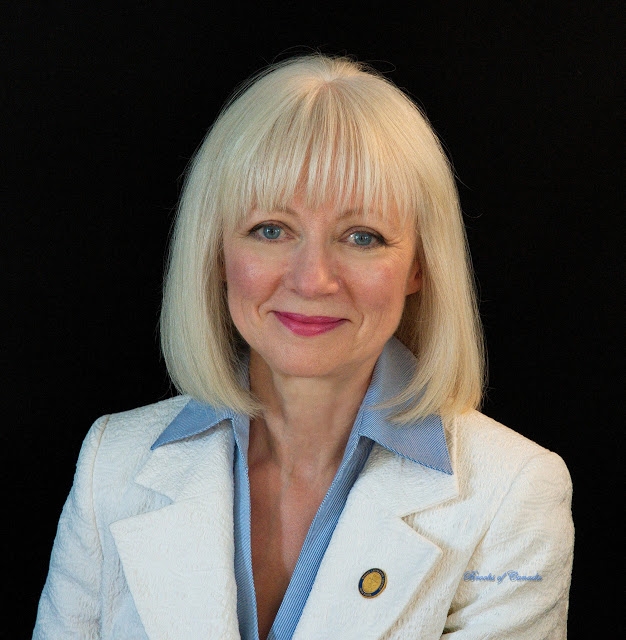By MARK COFFIN
Pam Birdsall’s story wasn’t the typical ‘vote for my party and I’ll pave your road’ kind of tale. It falls in the category of ‘best-case scenario’ for the group of businesspeople who were worried about the pothole-filled road that sat between the Christmas trees they were ready to harvest and the market that was ready to pay for them.
When we sat down with former MLAs to talk about their experience in elected life in Nova Scotia, we heard about the issue constituents bring them more often than any other: roads.
“Well, we would talk around the caucus table about roads, for example. Roads was the perfect thing, because our strength in opposition was urban,” former Lunenburg MLA and NDP backbencher Pam Birdsall explained to me as we sat in the garden behind her pottery studio in Mahone Bay.
“When we all came on, it was the rural vote that made us government, and in rural communities, roads are paramount.”
The history of road-paving in Nova Scotia is rife with political bargaining and patronage.
Birdsall’s story, however, wasn’t the typical “vote for my party and I’ll pave your road” kind of tale. It falls in the category of “best-case scenario” for the group of businesspeople who were worried about the pothole-filled road that sat between the Christmas trees they were ready to harvest and the market that was ready to pay for them.
“I had an issue with Stanhope Road. It’s a road up in New Germany. There’s a lot of Christmas tree growing activity. In this area, on the highway, you’ll see a Balsam Fir Capital of the World sign.”
After she was elected, Birdsall developed a relationship with the Christmas tree growers in her riding, and took a strong interest in the industry — going to conferences, learning about their business.
“One day, I got a call from someone who said, ‘We went to Toronto, and we have a big contract that will change our business entirely, but the road getting to our woodlot is so bad. It turns to mud, and these big trucks, they’re up to their axles in mud.’ The condition of the road really was going to make or break their livelihood.
“ ‘You gotta drive in the truck with me and see this, Pam. OK?’ ”
Pam went for a ride in one of the trucks, and saw the problem for herself. At the end of the journey, she sat down with the tree growers and asked them to work with her on a plan she could take back to her NDP caucus colleagues and the ministers responsible for the road.
“We whipped it together in two days. … I went to caucus with aerial views of the area, and everything marked out — approximate values of $2 million in this area a year. So I’m able to say ‘Look, this road has about $5 million worth of money connected to the road. If we can’t fix this, there’s a big problem. These are my constituents. What are we going to do?’ ”
She was successful. The government ended up fixing the road based on the plan she and the tree growers developed. She (quite literally) saved Christmas —maybe even Christmases — for the tree farmers on Stanhope Road.
Birdsall’s efforts and the help she managed to provide to her constituents illustrates the importance of road maintenance when it comes to public issues — and, in this case, that issue is economic development and business success.
Her story is a far cry from the outright vote-buying that used to go on in the not-too-distant past. As recently as the 1980s and ’90s, the workers hired to repair the roads would be those who had openly expressed support for the party that ended up winning the election. And if the government changed hands in the next election, those same workers would be out of work.
Pam Birdsall’s efforts to get the Christmas tree growers a better road didn’t sound like vote-buying. It sounded like an MLA working hard for something she cared about, and something that mattered to her constituents.
But a more relevant question for modern times is this: if an equally caring, equally hard-working member of an opposition party couldn’t wield the same level of influence over the road repair in their constituency, is this not just a more dignified version of the favouritism and parochialism that vote-buying is born from?
Want the full story? This article is an adapted excerpt from the weekly On the Record, Off Script podcast produced by Springtide Collective. Listen to the episode “Roads” and subscribe to the podcast here.





